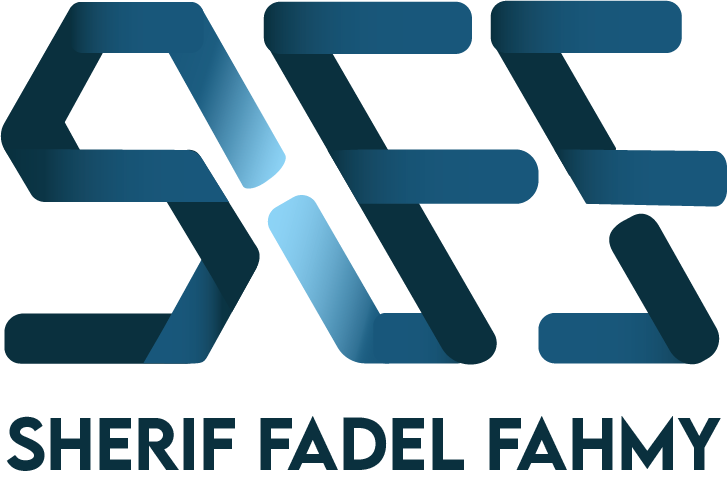I’ve shared with you, on this blog and on my YouTube channel, how I use GTD to get myself organized. While GTD is a great tool for getting yourself organized, it does not tell you how to actually do the work you have to do.
Before implementing GTD, I had a problem with forgetting stuff, and was always in a state of worry that I was forgetting something important. Now that I’ve implemented GTD, that worry is largely gone.
True, from time to time something slips through the cracks and I forget to put it into my system, but this is now a rare exception, rather than being pat for the course.
I’m sure that as my practice of GTD matures, these dropped balls will decrease in number even further. Getting my day to day tasks in order has given me the opportunity to think about what I want to accomplish in life, and how I propose to get there.
One of my main goals is to get academically promoted. In my field, this means publishing a lot of high quality research papers that are then reviewed by an academic board.
Given that I’m the head of the computer engineering department, and that students come to me with problems all the time, the first thing I noticed was that it was virtually impossible to get any research done while in a constant state of interruption.
What is deep work?
So I began searching the Internet for how to manage interruption and still get creative work done. That was when I stumbled across Cal Newport’s book Deep work. The premise of the book is simple, and one that I had experienced first hand as I tried to publish papers while being constantly interrupted by students — multitasking is not good for you if you want to produce work of lasting value.
The book explains that in this day and age, being able to focus on work is becoming a rare skill. The constant onslaught of messages and notifications from social media, email, chat applications and SMS has re-wired the brain of most people to make it virtually impossible for them to concentrate on something for too long.
At the same time this has happened, the modern workplace has developed the need for people with the skill to think deeply — software developers who can come up with complex new ideas and program them, researchers who can come up with new ideas and products, and so on. The modern knowledge economy needs people who can think deeply.
We’ve, in most places in the world, moved away from an industrial economy where “cranking widgets” to produce physical products is the main paradigm of productivity — in much of the developed world, this has shifted to “knowledge workers” making designs that are then sent abroad for manufacture.
In developing countries that are yet to experience an industrial revolution, we may have not reached this point in development yet, but we are quickly getting there. Even if the majority of work is not of this form, for me, personally, my work needs “deep work” if I want to move up the career path and not stagnate in my current position.
How to do it?
The rest of Carl Newport’s book discusses various strategies that can be used to train your brain to regain the ability to do deep work. This post is not a review of the book, so I’ll just tell you how I do this, rather than go through the entire book.
I’ve chosen one day of the week that I designate as my “deep work day”. On this day, I lock my office and do not accept visits from students. I block it out on my calendar and do my best to avoid interruptions.
Of course, this is not foolproof. I do get interrupted by emergencies — real and imagined — but for the most part I can concentrate on my work without interruptions.
I started blocking out a couple of hours on two days, but it quickly began to become evident to me that I needed more than a couple of hours. Therefore, I now block an entire day. I usually do this on Thursday, which is the end of the working week in Egypt — our weekend is on Friday and Saturday.
I take advantage of this day to read research papers, come up with research ideas, work on the theory and programming of the current research problems I’m working on, write a couple of chapters in the programming book I’m working on, etc. In short, this is the day on which I do any work that needs deep thinking.
I plan out what I’ll be doing on that day when I perform my weekly GTD review. So that when I get to my office, I know exactly what I’m going to do instead of wasting time deciding what to do with the day.
For now, this is the best compromise I’ve reached to balance my administrative and teaching responsibilities with my research needs. As time goes by, I’m sure that I’ll be fiddling with this system to fine tune it, but for now, it works for me.




